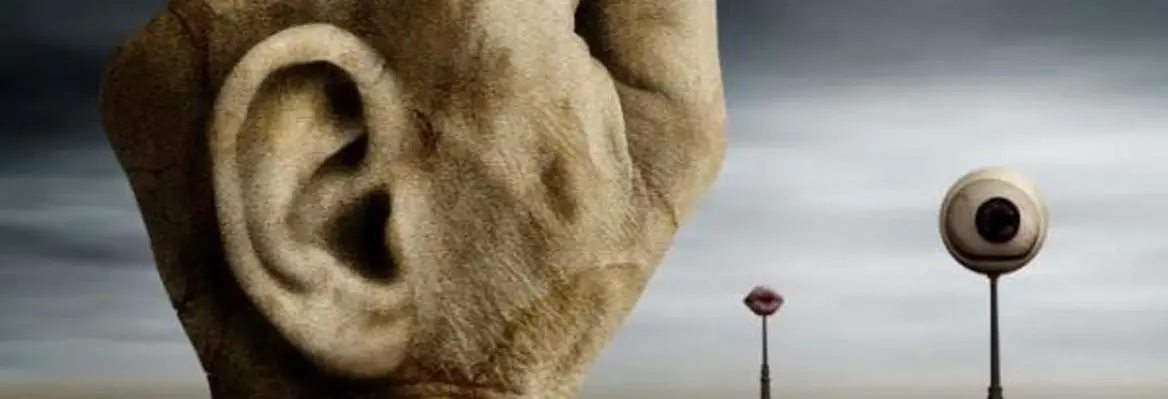Hearing our native tongue, especially spoken with our home-town accent, in a strange place comforts us. When I was dean on the marvelous program, Semester at Sea, a semester-long voyage around the world with 600 students, 30 faculty members, along with more than 300 crew, staff, and family, we docked in over 13 countries. Students were nervous about not speaking the language. Many of them told me that as they wandered the streets of Tokyo, Beijing, Ho Chi Minh City, Madras, Cairo, Jerusalem, Odessa, Casablanca, and La Guaira, among others, whenever they heard their native language, usually English, they felt un-alone, in the presence of someone like themselves.
This is easy enough to show by experiment. First, go somewhere where the people speak differently from you – even slightly, such as a Bostoner visiting Atlanta, Georgia or a Cockney visiting a place where Received Pronunciation is spoken. Next, listen to the dissonance of the varied voices around you. You will perhaps be fascinated by the accents and different dialects and languages. But then, suddenly, you hear someone from your hometown of Dorchester. And then, even away from your home, you feel your home near to you.
Why does language have this effect? In a sense it is little more than the familiar. We can feel closer to home hearing the music of home, eating the food of home, or sensing the smells of home. But language is more. Language is the window into our souls. It is how we express ourselves. It is the language of our mother. In this language we express ourselves in one way and not another. We think in one way and not another. We predict its cadences and feel its syllables in our bones. And we tell our stories in a predictable way to one another.
Homo erectus was the first creature on the planet to have language, more than 60,000 generations ago, as it wandered the world and built the first boats, sailing to the ocean horizon in search of new lands, some 1.5 million years ago. Erectus achieved language because it achieved a social contract – what symbols would represent what concepts and what order it would string the symbols in. How it would tell stories and converse. The French philosopher Rousseau talked about the first social contract. But he got it wrong because he missed the fact that the first social contract, the one that makes all others possible, is language. And because language is a social contract, there are different languages in different societies.
There is a simple rule among those who study the relationship between belonging and talking – you talk like whom you talk with. The more people talk with each other, the more they talk alike. And the more they talk alike, the more they think alike. The more they eat alike. The more they live alike. Language is the glue of society. It is what makes all the rest possible.
___
"The more people talk with each other, the more they talk alike. And the more they talk alike, the more they think alike...The more they live alike."
___
So there are natural shibboleths that separate one group from another. You say tomayto, I saw tomahto. And we might be willing to go to war to fix the right pronunciation. Our language expresses our identity.















Join the conversation